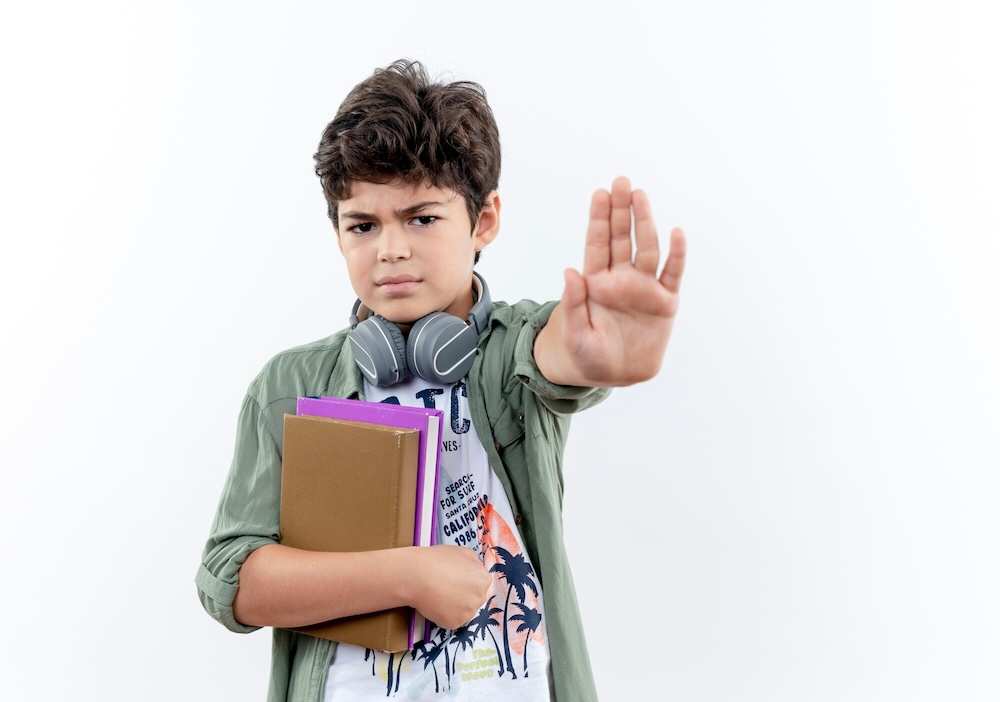
Growing up, I was always taught how to be respectful and polite. Respect comes with acceptance and submission to the elders, while politeness warrants meekness.
However, I sometimes fail to create a borderline between respect and pleasing others to the point of not knowing how to say No.
The word ‘No’ is unwelcome in most households, as it connotes rebellion. It may be true; but practicing saying No can also free you from potential harm. We say No if someone tries to lure us into possible abuse. We say No when somebody wants to influence us to do wrong things.
Saying No may not always be a defiant action thus, it is crucial to teach our children the value of the response No and only use it the right way.
Empowering and Teaching our Children the Power of Saying No

There are certain criteria where kids can say No.
- If something asked is against the teachings and instructions of the parents
- If something asked is not permitted by the parents
- If something asked is wrong
- If something asked is not an allowable practice in the family
- If something asked can be hurtful and destructive to other people
- If something asked can put the kids in harm
So, how do we help our children say no to these things? Let’s see the ways below:
Refuse Politely and Respectfully
Saying No does not have to be ill-mannered. Teach your kids to refuse someone politely and respectfully. They can thank the person, courteously decline, and state their reason. Saying something positive along the way can ease the rejection.
Know Their Boundaries
Setting rules and boundaries can help your kids discern what is right and allowable from wrong and unpermitted. If they understand the limitations, it will be easier for them to say no.
Let Them Understand What Peer Pressure and People Pleasing Is

It is difficult for kids to know the borderline between yes and no if they cannot identify what situation they are in. Have a one-on-one talk with your kids about peer pressure and what it may look like in real life. You can also inform them of the risk of pleasing other people. They need to be aware of not giving in to such habits and always protect themselves.
Set the Example
Kids follow what they are told if they see these behaviors practiced by their parents. However, if they constantly see you as saying yes to every social event, favor, or just about anything, it will be a challenge for them to reject others.
Kids Must Stand Up for Themselves
We want to protect our children. But, if we continually rescue them from everything they are stuck with, they will not learn how to stand up for themselves. Allow your kids to learn from their mistakes. Let them face the consequences of their actions. That way, they will be mentally and emotionally strong enough to refuse others.
Listen to Your Kids
Even in their small wins, kids love to share their experiences with you. Take the time to listen to their stories and respond lovingly, whether they win or fail. It will take a lot of tries for them to get there, but they will with a lot of patience and endurance.












